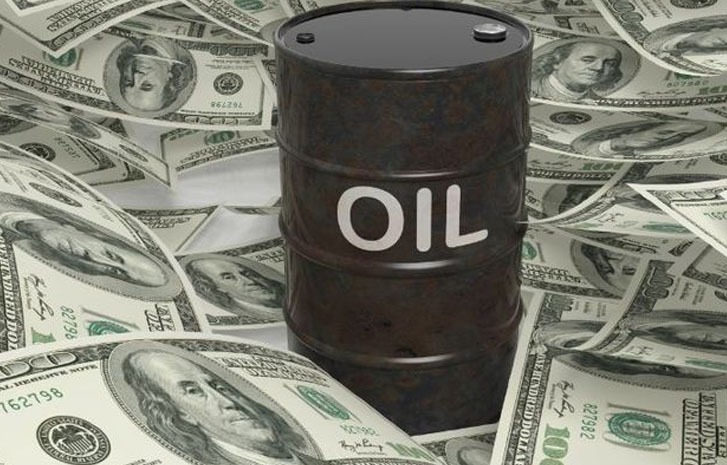Marketers of Premium Motor Spirit (PMS) under the auspices of Major Oil Marketers Association of Nigeria (MOMAN) have attributed the recent increase in the pump price of petrol to foreign exchange and the international price of crude oil.
In a statement on Wednesday, MOMAN explained that the international price of crude oil and the exchange rate constitute the largest components of the cost build-up for Premium Motor Spirit (PMS) also known as fuel, accounting for over 80 per cent, while, the remaining 20 per cent includes statutory dues, distribution costs, and margins.
The statement read in part: “In recent months, the price of PMS has remained relatively stable. On 30 May 2023, Platts reported a price of $827 per metric ton (MT), and on 14 July 2023, it was $859.25 per MT. However, there has been a significant increase in the foreign exchange rate.
“We can infer from our calculations in May that the Nigerian National Petroleum Company Limited (NNPCL) determined its pump price using an exchange rate of about N630 to the US Dollar, while banks reported an exchange rate of approximately N650 on the Investors and Exporters (I&E) window.
“As of today, the liquid exchange rate is close to N825 to the Dollar. This devaluation adds N100 to the cost of importing a single litre of PMS into the country. Consequently, an increase in the pump prices of petrol should be expected.”
MOMAN said in the light of current reality, MOMAN said that following the current situation, government across all levels and employers should implement palliative measures to support less-privileged individuals in the society currently facing hardships.
It reiterated it’s support for market deregulation, but said operators and regulators must engage the public transparently, earn public trust, and foster fair competition that ensures full value for customers at the fuel pumps.
“Some operators have successfully imported PMS into the country, marking the first practical step towards a liberalized market. However, the major challenges still lie in accessing foreign exchange for imports and ensuring a level playing field regarding pump prices.
“If marketers are undertaking the financial risk of importing petrol, measures must be in place, in line with the Petroleum Industry Act, to ensure that no one player has an unfair advantage,” the statement added.
MOMAN advised those who can afford a switch to other energy sources like diesel, solar, and gas for their homes to do so in a safe manner and also advised the government to champion the use of liquefied petroleum gas (LPG) and compressed natural gas (CNG) for intercity buses, tricycles (Keke), minibuses, and taxis to power vehicles.









